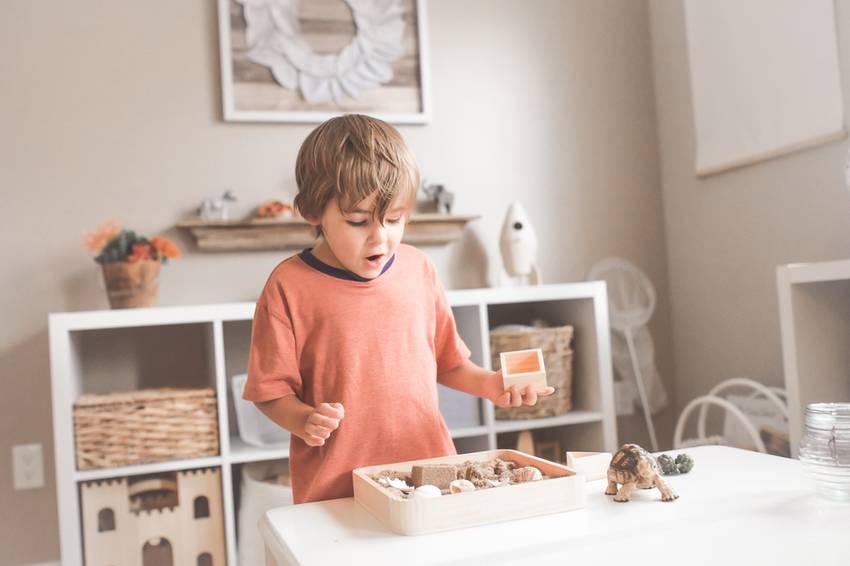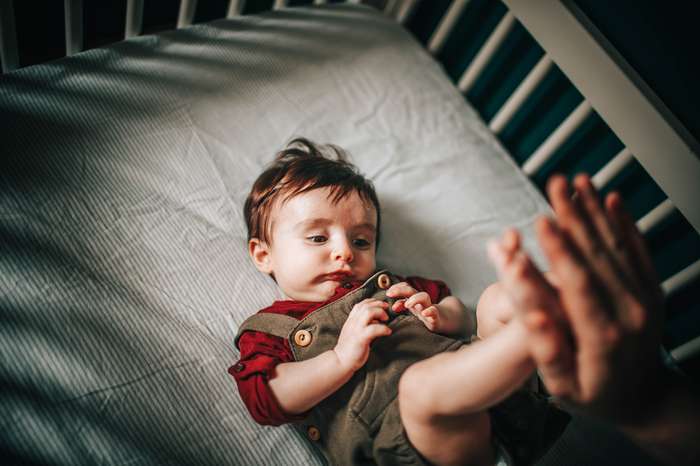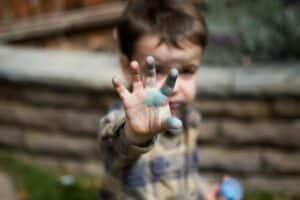Being a parent to a four-year-old can be both exciting and challenging. You might have been looking forward to finally being done with diapers, but when your four-year-old won’t potty train it can feel like you’ll never reach that goal.
Don’t worry – while this issue may seem daunting, there are plenty of tips and tricks to successfully help your child master the art of using the toilet on their own. Read on for our top 4 steps for how to get your four-year-old to tackle potty training!
How to train your 4 year old won’t potty train?
The solution to a 4-year-old who won’t potty train is to be patient, consistent, and supportive. Create a routine and stick to it, provide positive reinforcement and rewards for successful attempts, and avoid punishment or negative reactions for accidents.
Additionally, consulting with a pediatrician or a child behavior specialist may help identify any underlying issues or provide additional strategies.
This blog post will provide tips for parents whose 4-year-old won’t potty train. Keep reading for advice on making the process easier for you and your child.

When Should I Begin Considering Potty Training?
Do not try to potty train your child too early in life. If they are unwilling and unready, then you will have nothing but trouble. A power struggle will quickly ensure that you may not be able to come back; even if you take a break for an entire month, they’ll remember who won last time and attempt it again later. I promise that this is the truth.
Most children fall within the age range of 2 to slightly after 3 years old before they’re ready for potty training, with boys generally behind girls in this timeframe. Around 50% of boys are usually trained by their third birthday, whereas 66% of girls typically are.
Don’t try to hurry the process by starting when your child is too young. In contrast, toddlers who start training at two are usually completely trained by age 3. It can take many years for youngsters to master bowel movements in a toilet.
When will I Know If My Kid Is Ready To Potty Train?
When your youngster is ready, they will exhibit tell-tale signs. Here are some clues that your kid is prepared:
- You’ll know when your child’s diaper needs to be changed.
- The diaper can hold fluid for up to two hours during the day.
- Bowel motions occur regularly.
- Your child will likely stay dry through the night.
- Your youngster may be interested in the toilet and underpants.
- Your youngster may remove wet diapers on their own because they are unpleasant.
- Before urinating or defecating, your child may grimace.
- You may also notice that your youngster is more self-reliant, wants to accomplish things on their own or in a way they choose, and will want some alone time.
If your 4 year old won’t potty train, seems fearful of the toilet, have a recent bowel movement or urinate immediately after sitting on the potty, or wet their diaper every two hours or less, they aren’t ready to be trained just yet.
How long does it take to potty train? The amount of time required for potty training varies from kid to kid. The common belief is that most kids will be trained within two to three months, but some children may take much longer, especially those with special needs.

Potty Training Tips For 4 year old won’t potty train
Comfortability
Make sure your child has the right type of potty and that it is a comfortable size for them. Children can be hesitant to use toilets with trainer seats because they seem too big and are afraid of falling in.
Don’t put the toddler right next to a radiator or in front of a cold, drafty door.
Repetition
You create a positive potty-time structure around your four-year-old by constantly repeating good habits, even when it seems like they’re not working. A perfect example is setting up the potty in the morning in the correct spot every day.
Your kid will soon learn the routine, and his body will anticipate him to void urine or feces in the morning when he gets up.
Breathing Exercises
This is a little enjoyable, but it does work. Give your child a little game to perform while on the toilet. Create the illusion that there are candles you must blow out to get them out.
Turn The Tap On
When your toddler is about to wet themselves, you may also try running a tap or a bath next to them. Whether it’s because they’re drawn to water on a natural level or simply establishing an anchor and your youngster following the signs, it’s worth a shot.
Give It Sometimes
We often have big expectations for our small children, which can spur them to do great things; however, potty training is more of a process that requires patience and care. By looking at our subtle body language cues, younger children can understand how we feel about the situation.
When this occurs, it can cause anxiety and tension to build. If you want quicker results, you need to project less worry and pressure and more play and encouragement.
Frequently Asked Questions
Q1: Can a 5-year-old potty train?
Ans: Children can be potty trained at different ages.
Q2: Is it bad that your toddler doesn’t want potty training?
Ans: No, it’s not bad. Your toddler is just not ready yet, and that’s okay.
Q3: How long will it take my 3-year-old to potty train?
Ans: Some will be potty trained within a few months while others may take longer, but all children learn eventually.
Q4: Is late potty training bad?
Ans: No, late potty training is not bad. All children learn eventually.
Q5: My 6-year-old is still not potty trained. What to do?
Ans: Some children may have developmental delays that impact their ability to potty train. If there are no medical concerns, then you can try different techniques, such as positive reinforcement or bribes, to encourage your child to use the toilet.
Conclusion
By looking at our subtle body language cues, younger children can understand how we feel about the situation. If you want quicker results, you need to project less worry and pressure and more play and encouragement. It’s important to remain patient and keep a sense of humor throughout the process.







